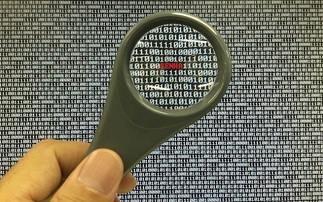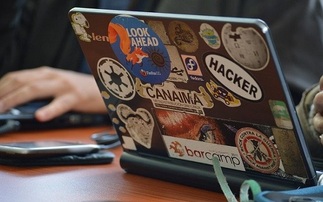'They're frightened of frightening people and affecting the economy,' says Peter Wood, CEO of First Base Technologies
The government doesn't properly warn the public warn about types of cyber threats and their consequences because it fears frightening people and affecting the economy. That's the view of Peter W...
To continue reading this article...
Join Computing
- Unlimited access to real-time news, analysis and opinion from the technology industry
- Receive important and breaking news in our daily newsletter
- Be the first to hear about our events and awards programmes
- Join live member only interviews with IT leaders at the ‘IT Lounge’; your chance to ask your burning tech questions and have them answered
- Access to the Computing Delta hub providing market intelligence and research
- Receive our members-only newsletter with exclusive opinion pieces from senior IT Leaders






















